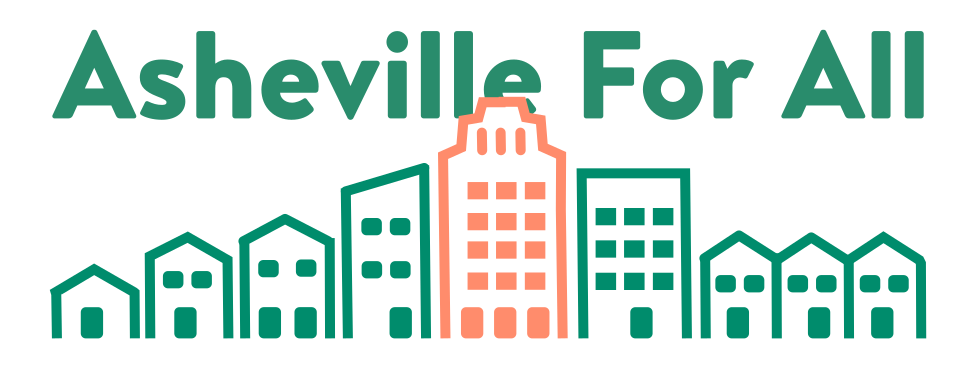YES TO PEOPLE.
YES TO HOUSING.
Subscribe
Our Solutions
POLICIES WE SUPPORT
Legalize Housing
Allow more housing in every neighborhood, especially historically affluent and exclusionary neighborhoods, removing barriers to both subsidized affordable and market rate housing.
Fix Incentives
Reform structures that incentivize communities to say no to new homes, including tax systems and car centric transportation systems.
Streamline Permitting
Make housing permits fast and fair, removing arbitrary barriers to both subsidized affordable and market rate housing.
Increase Housing Stability
Enact policies that support current residents having stable housing choices amid growth.
Fund Affordable Housing
Increase funding for subsidized affordable housing through a wide variety of mechanisms, including direct subsidies.
Get Involved
Take action
Contact officials, sign petitions, and take other action to push for change.
Attend an event
Come to one of our social events, educational events, or chapter meetings.
Become a member
Support our work for housing abundance, and join our online community.
